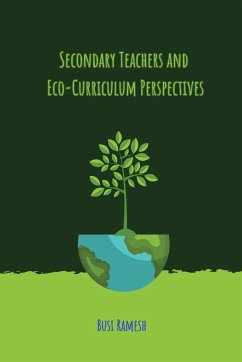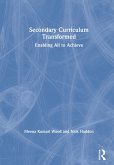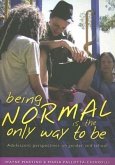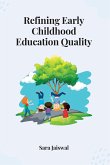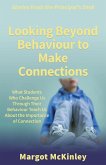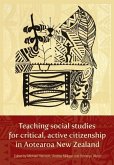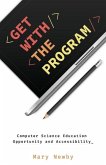Secondary teachers are educators who work with students in grades 9-12, typically between the ages of 14 and 18. These teachers are responsible for creating lesson plans, delivering lectures, assigning and grading homework, and assessing student performance. They work in a variety of subject areas, including English, math, science, social studies, and foreign languages.Eco-curriculum perspectives refer to the educational approach that emphasizes the connection between the natural world and human society. This approach seeks to instill a sense of environmental responsibility in students and foster an understanding of the interdependence of ecological, economic, and social systems. Eco-curriculum perspectives integrate environmental topics and themes into traditional academic subjects, such as science, social studies, and language arts, and often involve hands-on, experiential learning opportunities.Secondary teachers can play a vital role in promoting eco-curriculum perspectives by incorporating environmental issues into their curriculum and teaching strategies. By integrating sustainability and environmental awareness into their lessons, secondary teachers can help students develop a deeper understanding of the interconnectedness of the world around them and their role in shaping a more sustainable future. Additionally, eco-curriculum perspectives can help secondary teachers engage students in meaningful and relevant ways, making learning more engaging and impactful.

